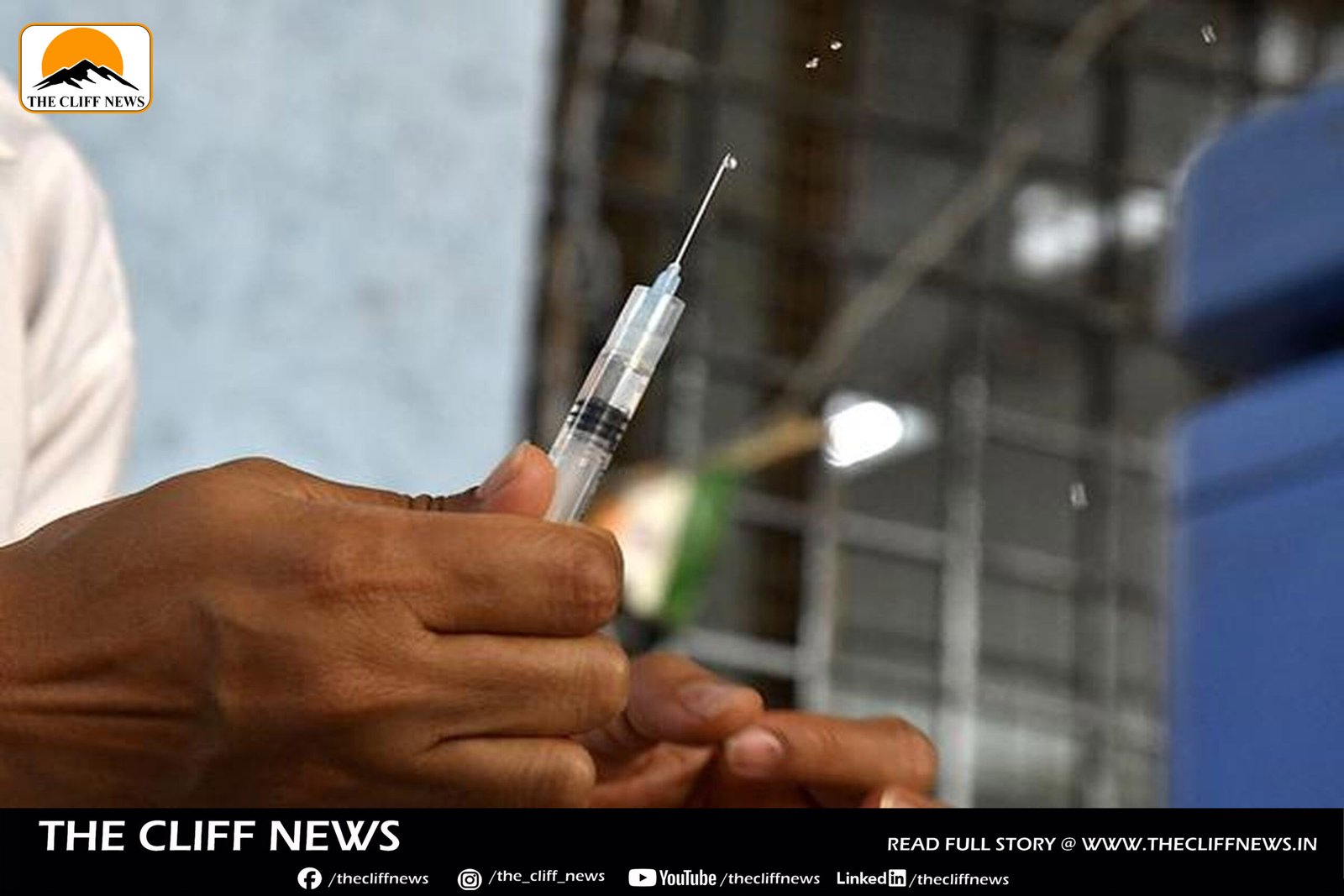Scientists from the US and Philippines have discovered that specific antibodies, known as envelope dimer epitope (EDE)-like antibodies, play a crucial role in building broad, cross-serotype protection against dengue virus (DENV). Published in Science Translational Medicine, the findings could guide the development of more effective dengue vaccines and therapies.
Dengue, caused by four DENV serotypes, is the world’s most common vector-borne viral disease, placing half the global population at risk. Developing a universal vaccine has been challenging due to a phenomenon called antibody-dependent enhancement (ADE), where immunity from a first infection can worsen illness during a second infection with a different serotype. This risk also affects vaccination strategies, making current vaccines — Dengvaxia and QDENGA — most suitable for individuals with prior exposure.
True long-term protection typically develops after exposure to at least two different serotypes. By pinpointing EDE-like antibodies as a driver of such broad immunity, researchers hope to design vaccines that mimic this natural protective response without triggering ADE.



